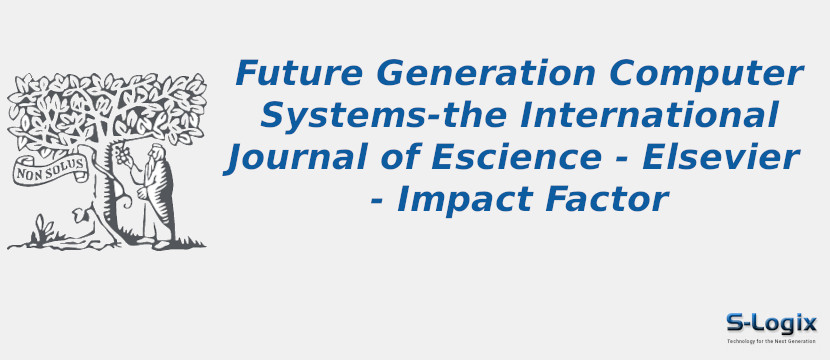Journal Home: Journal Homepage
Editor-in-Chief: Michela Taufer
Print ISSN: 0167-739X
Electronic ISSN: 1872-7115
Abstracting and Indexing: Science Citation Index Expanded, Scopus.
Imapct Factor 2024: 6.1
Subject Area and Category: Computer Sciences, Electronics and Telecommunications
Publication Frequency: Bimonthly
H Index: 180
Q1: Computer Networks and Communications
Q2:
Q3:
Q4:
Cite Score: 17.1
SNIP: 2.227
Journal Rank(SJR): 1.551
Latest Articles: Latest Articles in Future Generation Computer Systems-the International Journal of Escience
Guidelines for Authors: Future Generation Computer Systems-the International Journal of Escience Author Guidelines
Paper Submissions: Paper Submissions in Future Generation Computer Systems-the International Journal of Escience
Publisher: Elsevier Science Bv
Country: Netherlands
